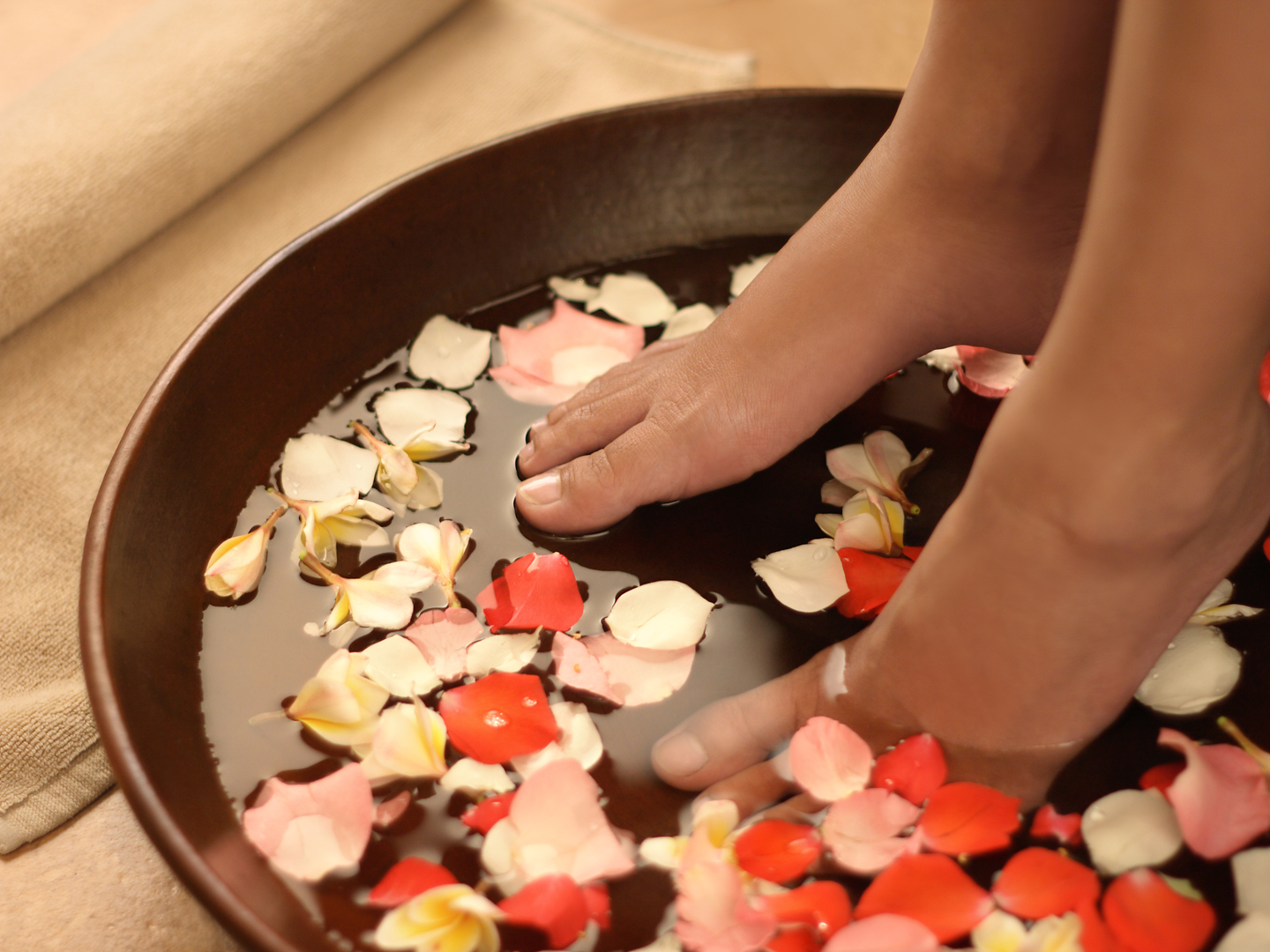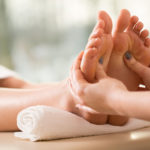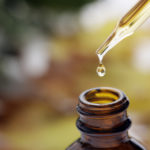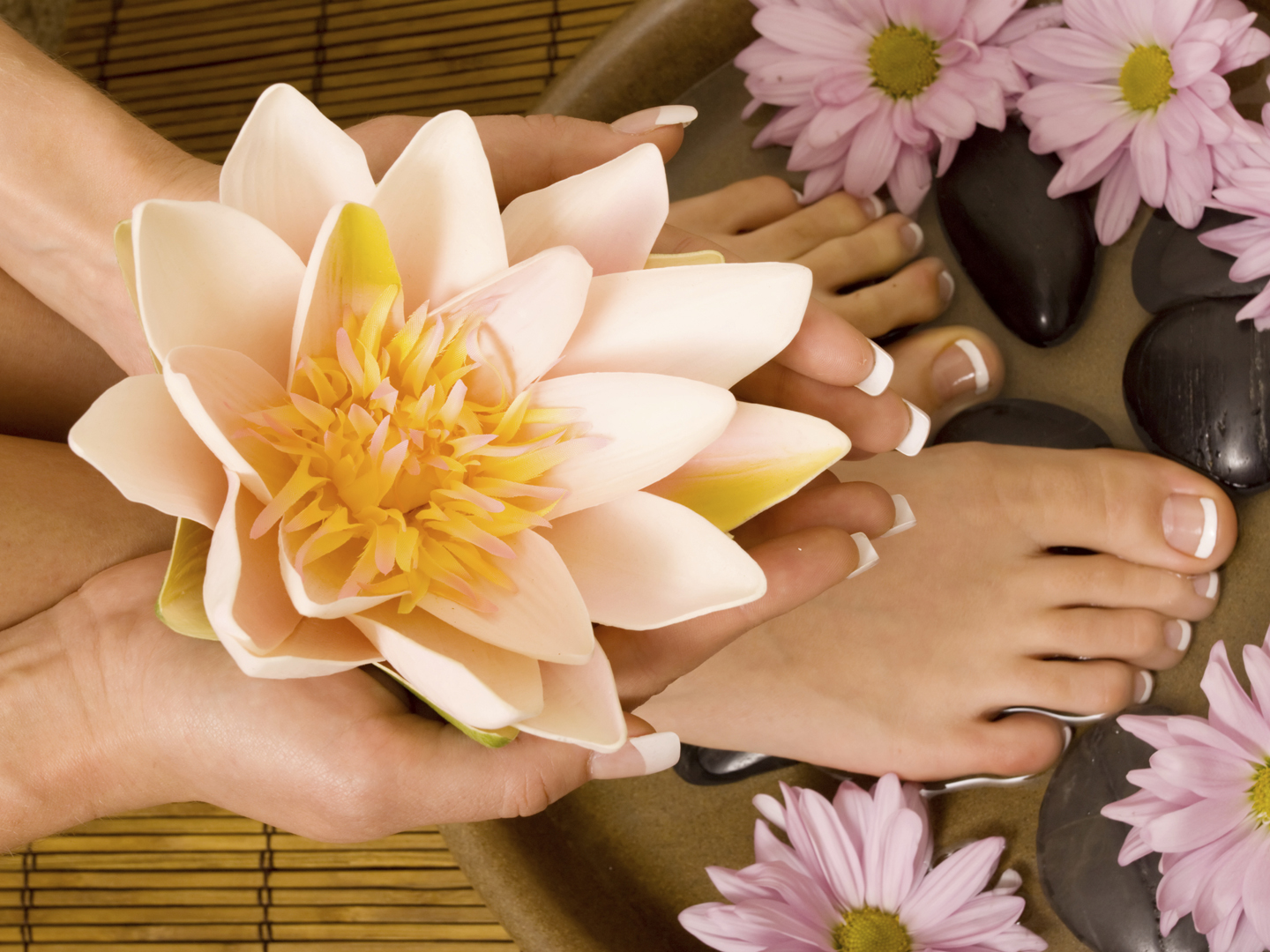Complaining About Corns?
I have corns on my feet. How can I remove them using herbal medicine?
Andrew Weil, M.D. | May 3, 2002
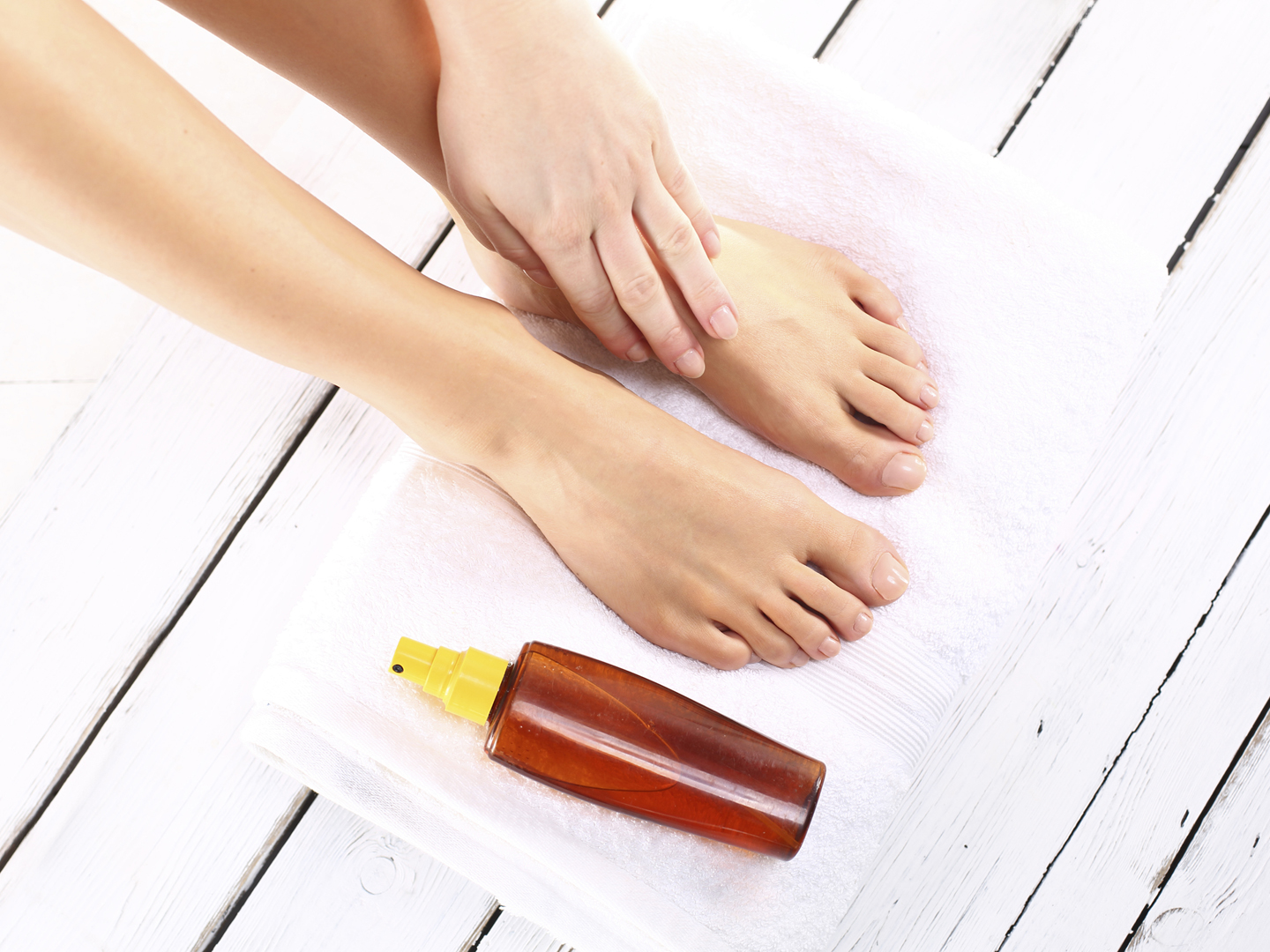
Corns are usually caused by pressure or friction from shoes that are too tight or too loose. Tight shoes press against the toes. Loose ones that slide and rub against your foot can also be a problem as can seams or stitches inside a shoe.
Medically, corns are known as hyperkeratoses of the skin – thickening and hardening of the surface layer with a deep-seated core or nucleation. Corns can make walking or standing miserably uncomfortable.
Usually corns appear on the tops of the toes where they push up against your shoes. But they can appear at any site of continuous pressure on the foot. Obviously, the ultimate solution is prevention. The first step is to find and wear shoes that fit properly and comfortably. Make sure they are appropriate for your daily activities, and that they do not slip or bind when you walk – this will help to prevent corns from forming. If you still experience discomfort, try these suggestions:
- Try one of the over-the-counter corn removal solutions available at drugstores. Some of these may be herbal, but I don’t know of a specific brand that includes herbal components. The solutions do contain acid so be careful with them and never use them if you’re diabetic or have any problem with diminished circulation in the feet.
- Use a pumice stone to reduce the thickness of a corn. Be sure to soak your feet first so that the corn is soft when you rub it.
- Use moleskin or other non-medicated pads to reduce the pressure and pain.
- See a podiatrist or other health care professional who treats foot problems if the home remedies suggested above don’t help. Medical treatment usually involves paring or shaving the corn and its core. This will relieve the pain, but the corn will come back if you continue wearing the wrong shoes.
In addition to making sure that your shoes fit properly, don’t wear socks or stockings that bind your feet too tightly. Women prone to corns should avoid high heeled shoes because they increase pressure on the forefoot where corns develop.
Andrew Weil, M.D.







